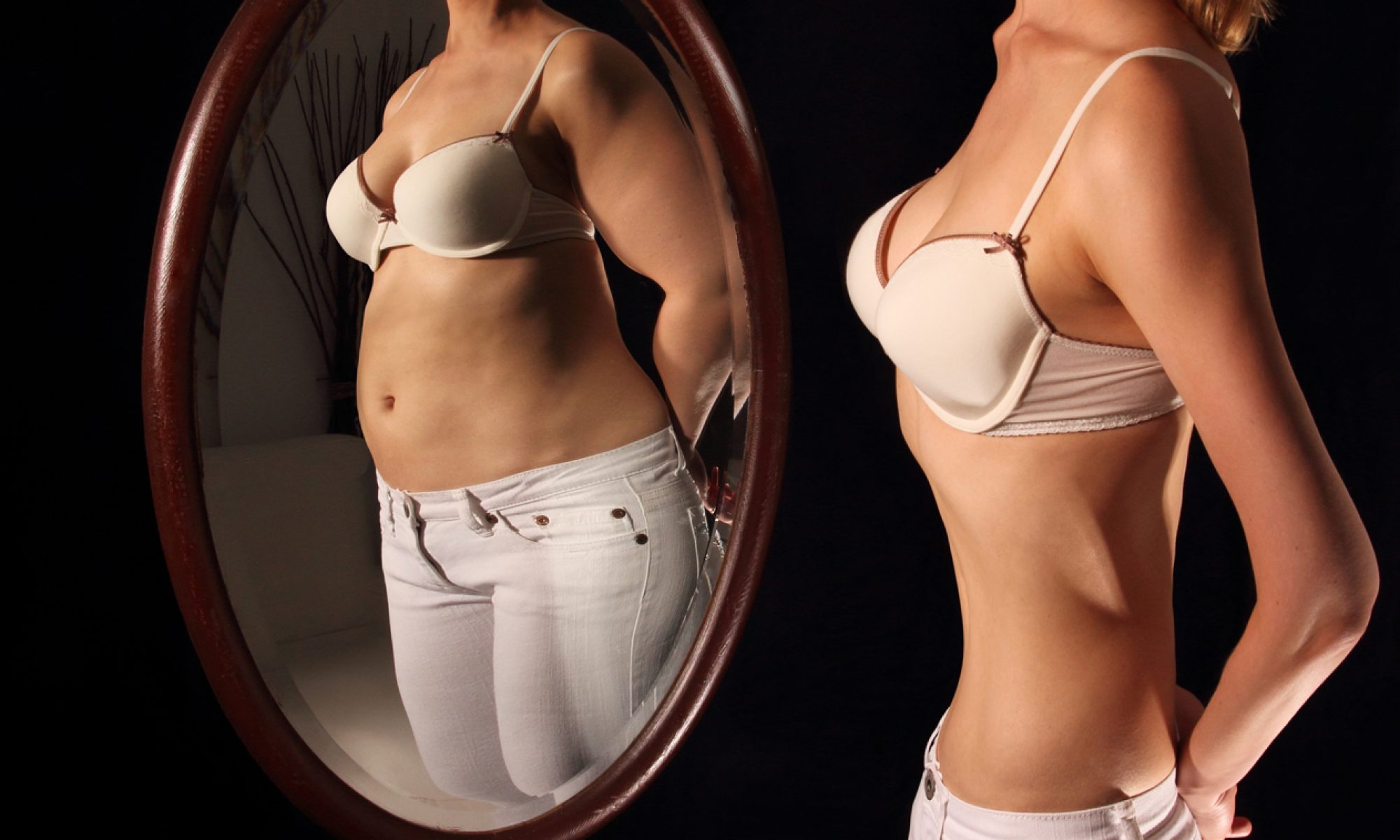Professional models are the envy of many people. They are some of the most aesthetically beautiful people on the planet, but their beauty can come at a high cost. Professional modeling is a career that comes with very high expectations on physical standards, performance abilities and schedules. There is no leniency for weight gain, damaged hair or flawed skin. Sometimes the pressure that falls on professional models proves to be too much, and they are overtaken by disorders and addictions in response. Addiction and disorder is a tragedy when it strikes anyone, and professional models are no exception.
Eating disorders are perhaps the dysfunctional behavior that models are most known for. Common eating disorders among professional models include anorexia – denying one’s self food to the point of malnutrition, bulimia – an unhealthy cycle of intentional starvation, binge eating, then purging, and binge eating disorder – the tendency to severely overeat as a reaction to stress. Eating disorders take people’s lives every day and they require the counseling of mental health professionals who specialize in eating disorders to heal.
Professional models also frequently fall victim to substance addictions, such as addictions to prescription medications, street drugs, cigarettes and alcohol. The worrisome attraction to drugs in the world of professional modeling is the weight loss effects of some of them, including crack, heroine and a variety of prescription drugs. Alcohol and cigarettes are not as common a substance of addiction to models because of how they impact the physical appearance, but some professional models turn to them for stress relief and develop a dependency. Professional models in this circumstance need to seek treatment for their addiction, such as drug addiction treatment in BC or in the United States.
And lastly, professional models can become victims of behavioral addictions as well. Models are sometimes known to develop compulsions toward exercising, grooming or shopping. Not many people know that exercising can be a legitimate addiction, but many people become obsessive over exercise to the point that they make their bodies unhealthy. Grooming and shopping turn into obsessive behaviors as well and begin to interfere with the individual’s life.
